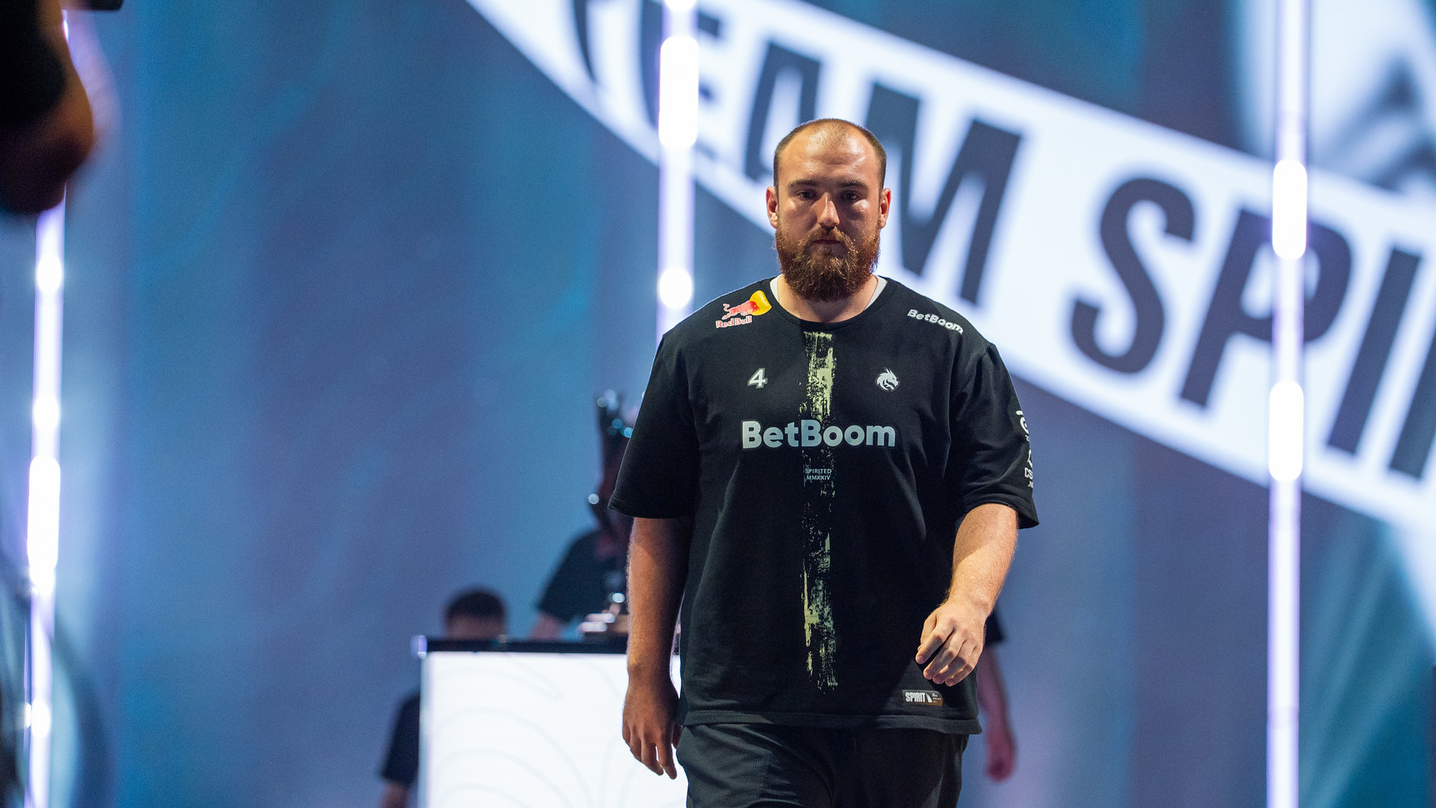The competitive landscape of Counter-Strike 2 (CS2) is frequently animated by interactions extending beyond in-game mechanics. A recent public exchange involving Team Falcons and Team Spirit`s captain, Leonid “chopper” Vishnyakov, serves as a prime example of this dynamic blend of sport and spectacle. This incident, rooted in a jocular remark and culminating in a pointed response from Falcons, encapsulates the evolving nature of esports rivalries.
The Genesis of the Gibe: “Paid Fans”
The origin of the controversy traces back to a comment made by chopper during the Esports World Cup 2025. The Team Spirit captain reportedly captured and shared a video from the arena, humorously implying that the enthusiastic supporters of Team Falcons might be, shall we say, financially compensated for their fervor. While potentially intended as lighthearted banter, such a statement carries significant weight in the highly passionate world of professional esports. It subtly questions the authenticity of fan support, a sensitive point for both organizations and their dedicated fan bases.
The Repercussions: Organizational Intervention and Fan Reaction
The implications of chopper`s public jest were swift. Reports indicate that tournament organizers promptly intervened, requesting the removal of the video. This action underscores the organizers` role in managing player conduct and maintaining an environment conducive to fair play and respectful competition, even amidst casual commentary. Furthermore, chopper reportedly faced a notable backlash, including threats, from passionate Team Falcons supporters. This highlights the intense emotional investment of esports fans and the fine line players must navigate when engaging with the public, where seemingly innocuous remarks can ignite significant reactions.
The Competitive Crucible: Esports World Cup 2025
The entire narrative unfolded against the backdrop of the Esports World Cup 2025, a premier tournament in the CS2 circuit. Events of this magnitude are not merely tests of skill but also of resilience and strategic execution under immense pressure. As Team Spirit progressed through the challenging phases of the competition, the underlying tension with Team Falcons continued to resonate. In esports, rivalries are often multifaceted, developing not only through head-to-head matches but also through player personalities and off-server interactions, adding depth to the competitive narrative.
The Timed Retort: Falcons` Calculated Jab
The pivotal moment for retaliation arose following Team Spirit`s elimination from the tournament. Seizing this opportunity, Team Falcons, an organization known for its proactive social media engagement, issued a direct and succinct response on X (formerly Twitter). Their message was a clear and pointed reference to chopper`s earlier remark:
Waiting for the performance in front of 301 paid fans 😊
This statement, punctuated by a knowing emoji, epitomizes esports “banter”—a public, often witty, yet precisely aimed response to a prior slight. It leverages Team Spirit`s tournament exit to not only remind chopper of his initial comment but also to imply a certain vindication or, perhaps, a well-deserved “checkmate.” The specific number “301” likely serves as an inside joke or a sarcastic reference, amplifying the taunt`s effectiveness.
Beyond the Trolling: Fan Dynamics and Professional Rivalry
This incident transcends simple online trolling; it offers valuable insight into the evolving interplay within professional esports. It illustrates the profound loyalty of fanbases, who are quick to defend their teams against perceived slights. Concurrently, it showcases the competitive spirit of organizations and players who adeptly leverage moments of weakness from their rivals, not exclusively within the game but also across public platforms. While the “paid fans” comment may have been a jest, Team Falcons` response is a stark reminder that in the digital arena, every utterance can become a catalyst for engagement, and every competitive setback an opportunity for a perfectly timed, ironic retort. It reinforces the notion that in esports, much like traditional sports, the narrative extends far beyond the final score, comprising a complex tapestry of rivalries, personalities, and strategic communication.

